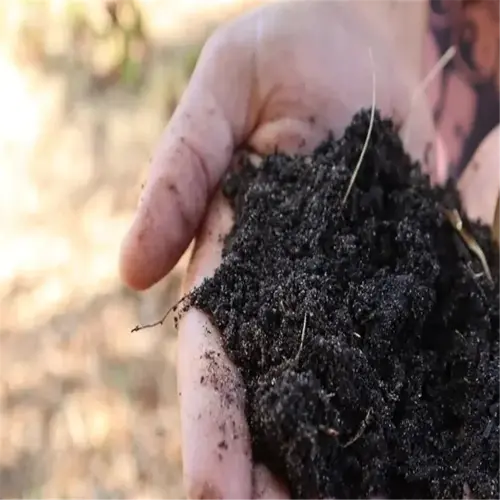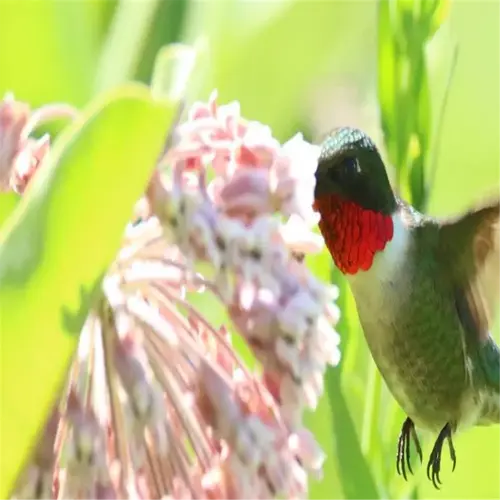How long until natural treatments work?

Written by
Paul Reynolds
Reviewed by
Prof. Samuel Fitzgerald, Ph.D.Natural aphid treatments need to be given practical timelines for them to work. Soap sprays act the quickest. In as little as a few hours, I've watched aphids drop from plants after applications. Predatory insects will typically take a few days to become established, while repellant plants require patience to grow. Mechanical removal guarantees immediate effect but the control times vary. Getting treatments to match the situation to urgency can save you from being disappointed.
Soap/Oil Sprays
- Kill aphids in 24-48 hours via membrane disruption
- Reapply every 3 days for heavy infestations
- Avoid midday sun to prevent leaf damage
- Test pH 6.0-6.5 for plant safety
Predator Insects
- Ladybugs reduce populations in 3-5 days
- Lacewings work faster, 2-3 days post-release
- Release at dusk for better retention
- Provide water sources to keep predators nearby
Weather affects all timeframes.My kale crop in 2023 experienced neem oil taking 5 days during rainstorms rather than 36 hours during dry periods. For larger infestations, using multiple management strategies, for example, soap sprays + lace wings made the job of cleaning up my roses 4 days instead of ten days by using just soap sprays.
Acceleration Tips
- Apply sprays at 65-80°F (18-27°C) for optimal absorption
- Introduce predators before peak aphid season
- Pair garlic spray with reflective mulch
- Rotate methods every 3 weeks to prevent resistance
Read the full article: Natural Aphid Control: 12 Safe Solutions for Plants

